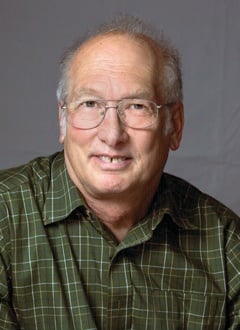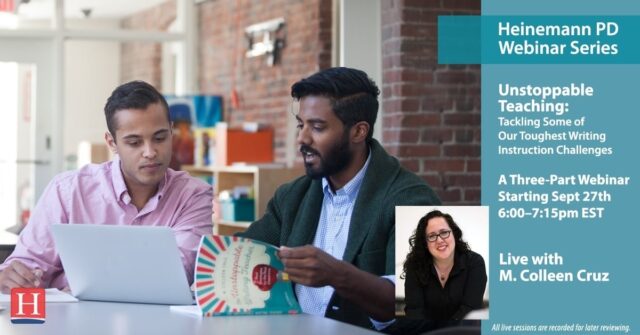 Follow us on Instagram @heinemannpub to stay up to date on the latest books, your favorite authors, and upcoming events!
Follow us on Instagram @heinemannpub to stay up to date on the latest books, your favorite authors, and upcoming events!
 Martin Brandt teaches English at San Jose’s Independence High School, a large urban school with a diverse student population. He is a teacher consultant with the San Jose Area Writing Project and former winner of the California Teachers of English Award for Classroom Excellence.
Martin Brandt teaches English at San Jose’s Independence High School, a large urban school with a diverse student population. He is a teacher consultant with the San Jose Area Writing Project and former winner of the California Teachers of English Award for Classroom Excellence.
 Thomas Newkirk is the author of numerous Heinemann titles, including Embarrassment, Minds Made for Stories, The Art of Slow Reading, The Performance of Self in Student Writing (winner of the NCTE's David H. Russell Award), and Misreading Masculinity. For almost three decades, Tom taught writing at the University of New Hampshire where he founded the New Hampshire Literacy Institutes, a summer program for teachers. In addition to working as a teacher, writer, and editor, he has served as the chair of his local school board.
Thomas Newkirk is the author of numerous Heinemann titles, including Embarrassment, Minds Made for Stories, The Art of Slow Reading, The Performance of Self in Student Writing (winner of the NCTE's David H. Russell Award), and Misreading Masculinity. For almost three decades, Tom taught writing at the University of New Hampshire where he founded the New Hampshire Literacy Institutes, a summer program for teachers. In addition to working as a teacher, writer, and editor, he has served as the chair of his local school board.



